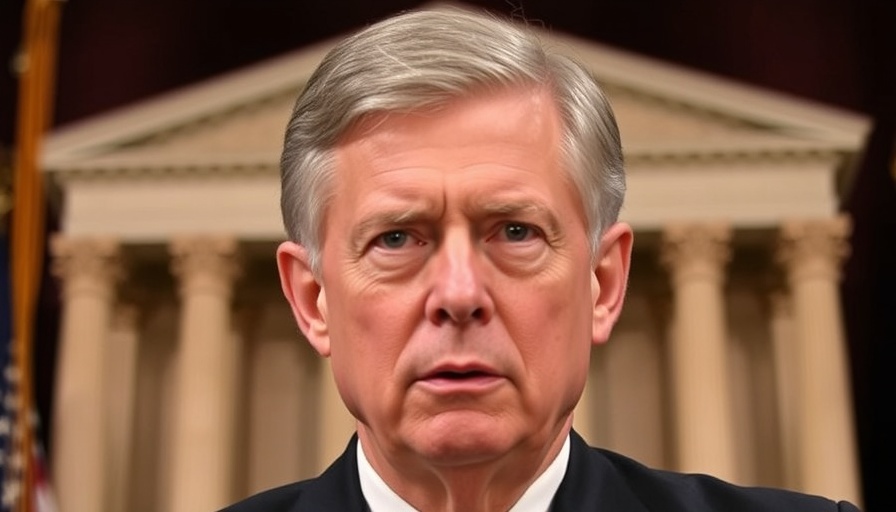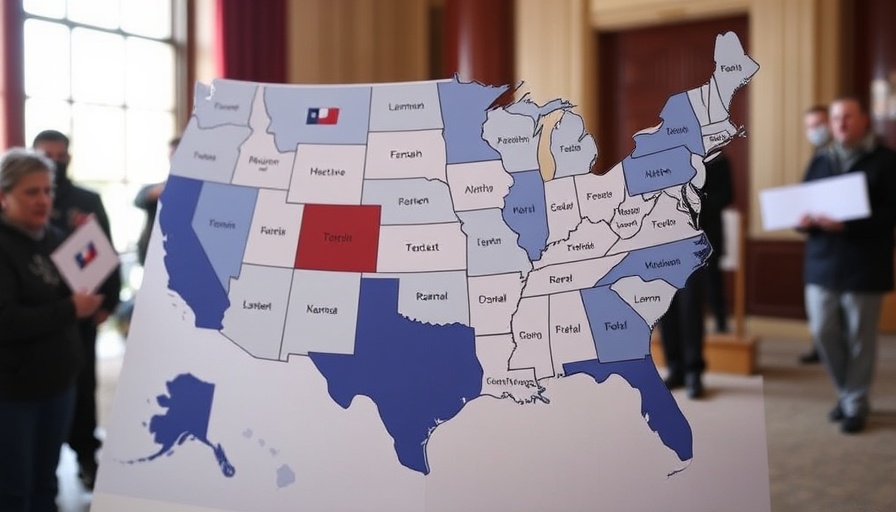
Chief Justice Defends Judicial Independence Amidst Political Turmoil
In a rare and pointed rebuke, Chief Justice John Roberts has asserted the critical independence of the judiciary in response to President Donald Trump’s recent calls to impeach judges who rule against his administration. The Chief Justice emphasized, "For more than two centuries, it has been established that impeachment is not an appropriate response to disagreement concerning a judicial decision. The normal appellate review process exists for that purpose." This statement comes in the wake of increasing political pressure and public discord surrounding judicial decisions that conflict with Trump’s immigration policies.
Context of the Controversy: A Clash of Powers
The backdrop to Chief Justice Roberts’ defense lies in the ongoing administrative measures taken by Trump’s second administration, particularly regarding immigration. Last week, U.S. District Judge James Boasberg blocked an initiative to deport Venezuelan migrants, citing legal precedents that uphold the rights of the individuals involved. The president's suggestion for impeachment was a direct reaction to decisions made by what he termed "Crooked Judges" in the context of enforcement actions taken under the controversial Alien Enemies Act.
Echoes of Historical Precedents
This conflict raises crucial questions about the Checks and Balances built into the U.S. Constitution. Historically, impeachment has been a rare event, with only 15 judges impeached in U.S. history, most recently in 2010. These events showcase the delicate balance between the legislative, executive, and judiciary branches, a principle ingrained in American democracy for centuries. When expressing discontent with court rulings, the emotional responses often veer into dangerous territory, threatening the very fabric of judicial independence.
Judicial Independence: A Fundamental Principle Under Threat
Roberts has consistently championed judicial independence, recognizing that attacks on judges can destabilize the justice system. In a previous statement, he rejected the notion of political categorization of judges, asserting there are no "Obama judges" or "Trump judges," but rather a collective of dedicated individuals who aim to uphold justice impartially. His statements underscore the importance of a judiciary that operates independently of political pressures, reinforcing the integrity of legal systems nationwide.
The Emoji of Division: Trump's Rhetoric and Its Impact
Trump's discourse, particularly his denunciation of judges and calls for impeachment, serves to heighten the divide within American society. His followers often latch onto these narratives, which can embolden further anti-judiciary sentiments among his base. This mentality poses a significant threat to the judiciary's reputation and raises concerns about the safety of federal judges amid increasing vitriol.
Risks and Ramifications: A Wider Judicial Crisis?
As discussions surrounding judicial impartiality and the potential for impeachment grow, legal experts are warning of a crisis in judicial independence. Judges fear that calls for impeachment can lead to harassment and intimidation, as echoed by recent warnings from federal judges about the necessity of public support and caution. A judiciary under siege, they argue, may become reluctant to issue rulings in high-stakes cases that stray from popular sentiment.
What’s Next for the U.S. Judiciary?
Looking forward, the implications of these developments are vast. Increased scrutiny of judicial decisions may lead to a chilling effect, where judges are dissuaded from making unpopular rulings for fear of political backlash. It raises questions regarding the future landscape of American law and the role of judiciary as a critical check on power. It is imperative that all stakeholders, from the executive to the public, recognize the importance of safeguarding judicial independence, a cornerstone of American democracy.
Conclusion: The Future of Judicial Independence
As we navigate this turbulent political terrain, the reaffirmation of judicial independence as a non-negotiable principle of our democracy becomes ever more critical. Chief Justice Roberts' statement stands not only as an affront to calls for the impeachment of judges but as a clarion call for all segments of society to stand firm against encroachments on the judiciary’s vital role. As citizens, we must advocate for a judiciary that remains free from political pressures, ensuring that justice prevails above all.
 Add Row
Add Row  Add
Add 




Write A Comment